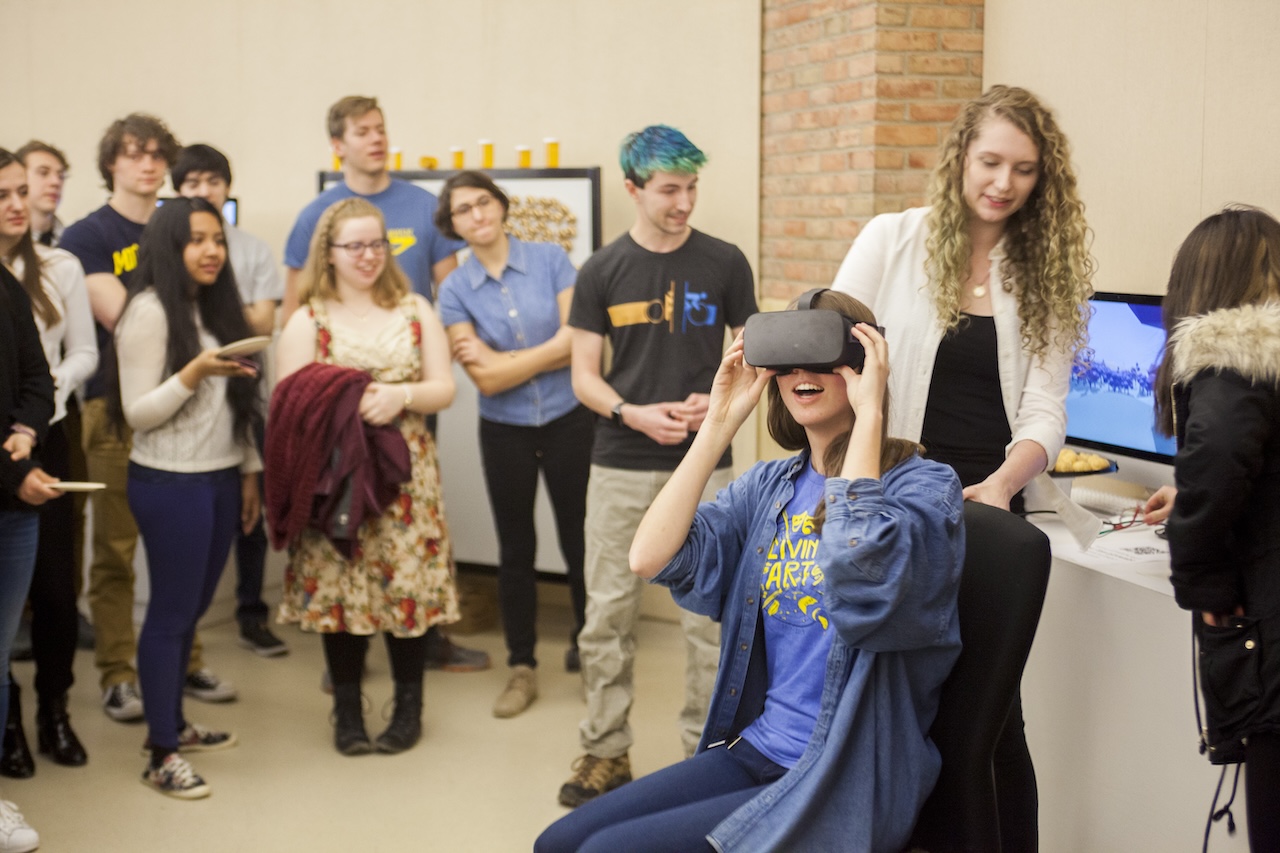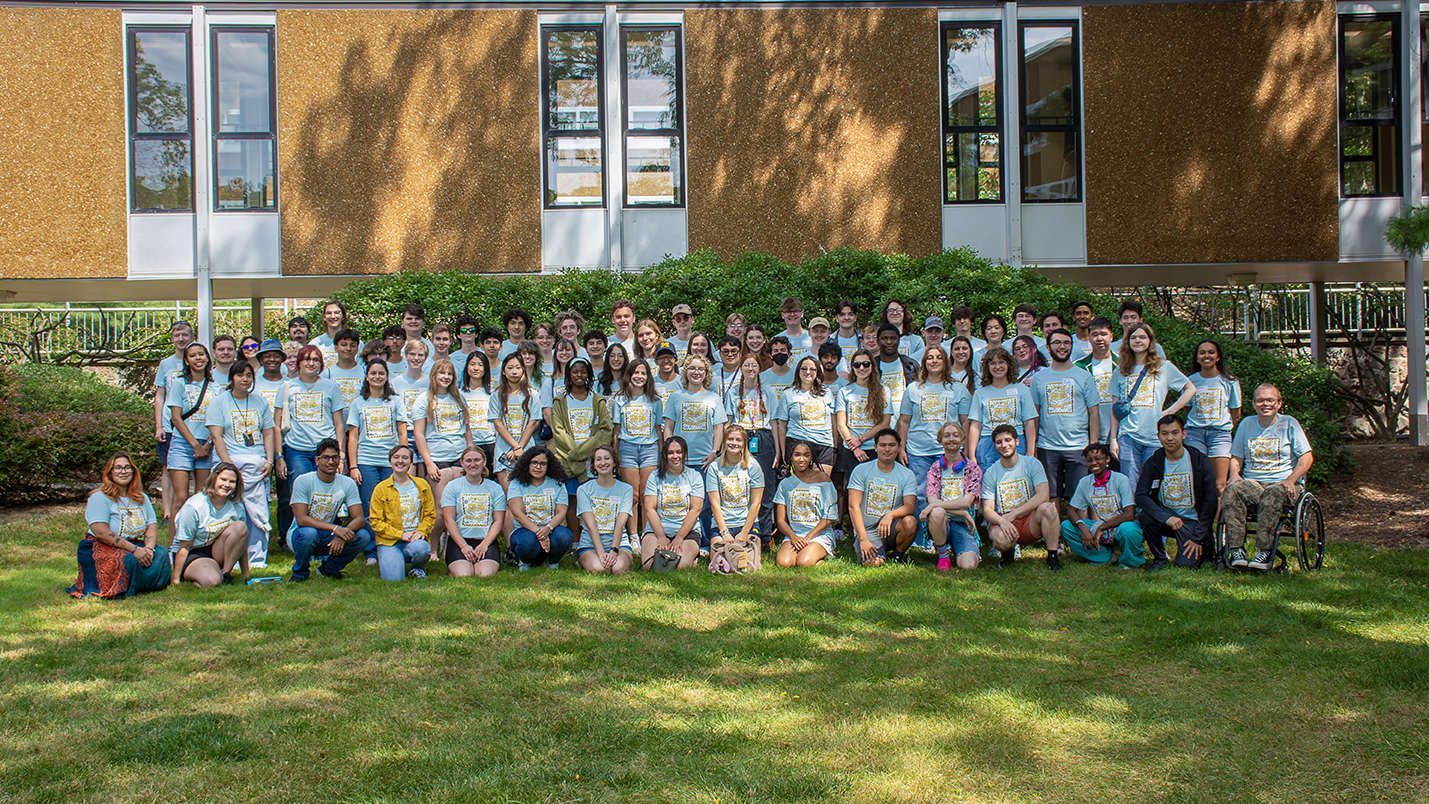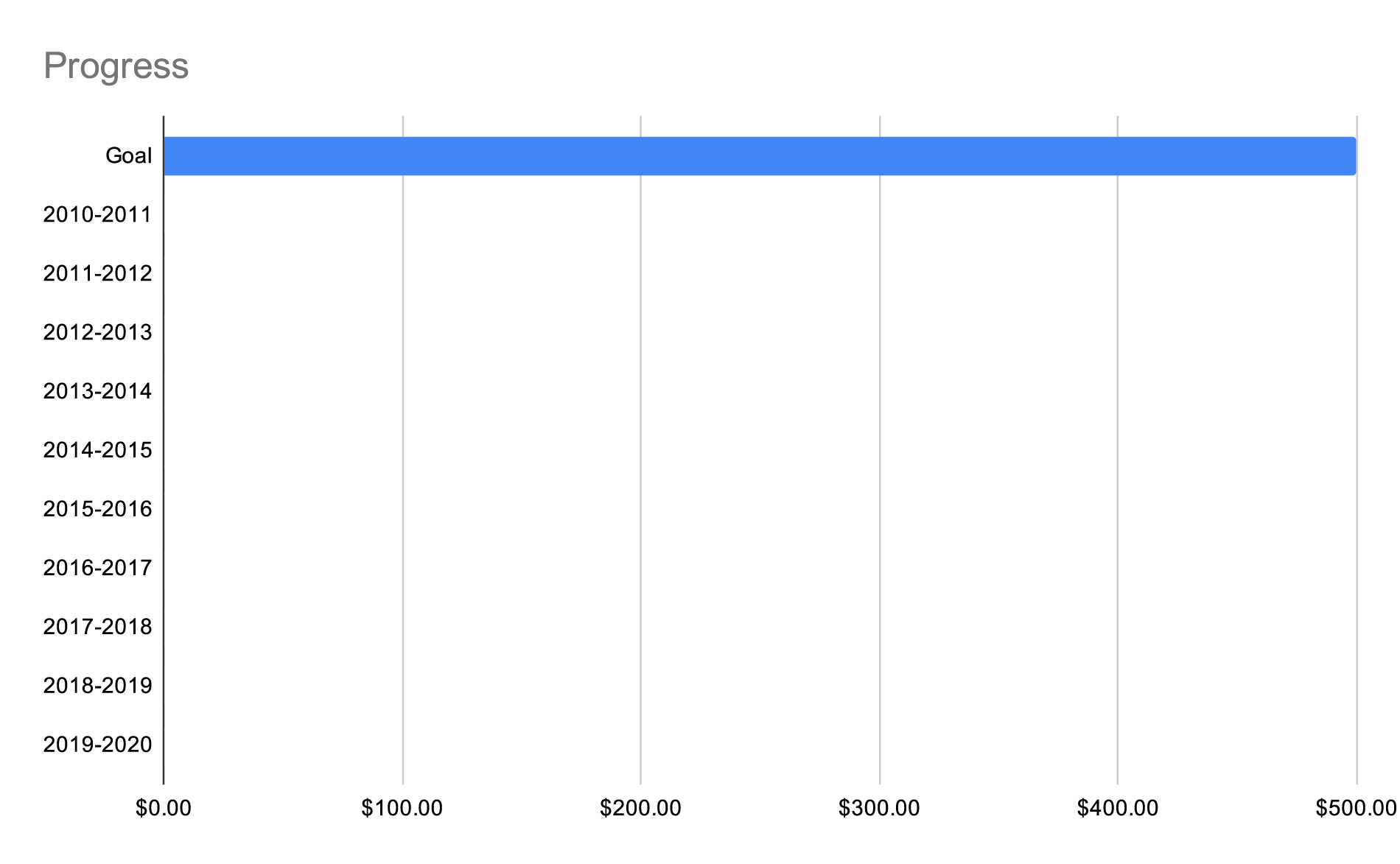Alumni Board Internship Fundraiser
Tuesday, December 3rd – 20th
The Alumni Board Internship program provides current students who participated in the Living ArtsEngine program the opportunity to receive funding for unpaid or underpaid internships. The goal is to assist students with offsetting the cost of living expenses while pursuing an internship experience. Students may be awarded up to $2000 in support of their internship experience.


We invite fellow alumni to support current Living ArtsEngine students opportunities to access internship experiences. Our goal is to raise $500 from each year of the Living ArtsEngine program 2010-2020 for a total of $5000
Any additional funds received above the $5000 may be used to support additional interdisciplinary opportunities for LAE students as well materials and supplies for the first-year student community.
How it works
- Click the “Contribute Here” button to send your gift (No gift is too small!)
- Select the Living ArtsEngine Fund. Your gift will be applied specifically to the Internship fund only.
- Each gift will be attributed to the year in which you participated as a first-year student in Living ArtsEngine
- Check back here often to see how your class is progressing toward the $500 per class goal for a total overall goal of $5000


Read about the internship eligibility and criteria here:
Thank you for your support of our LAE students!
Questions?
Please contact us: [email protected]
